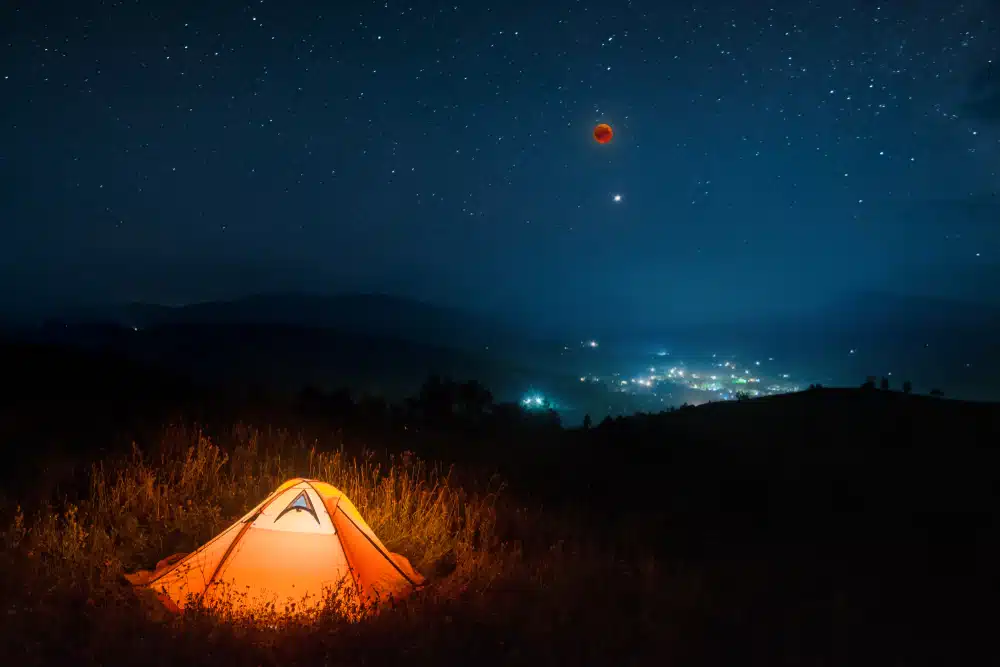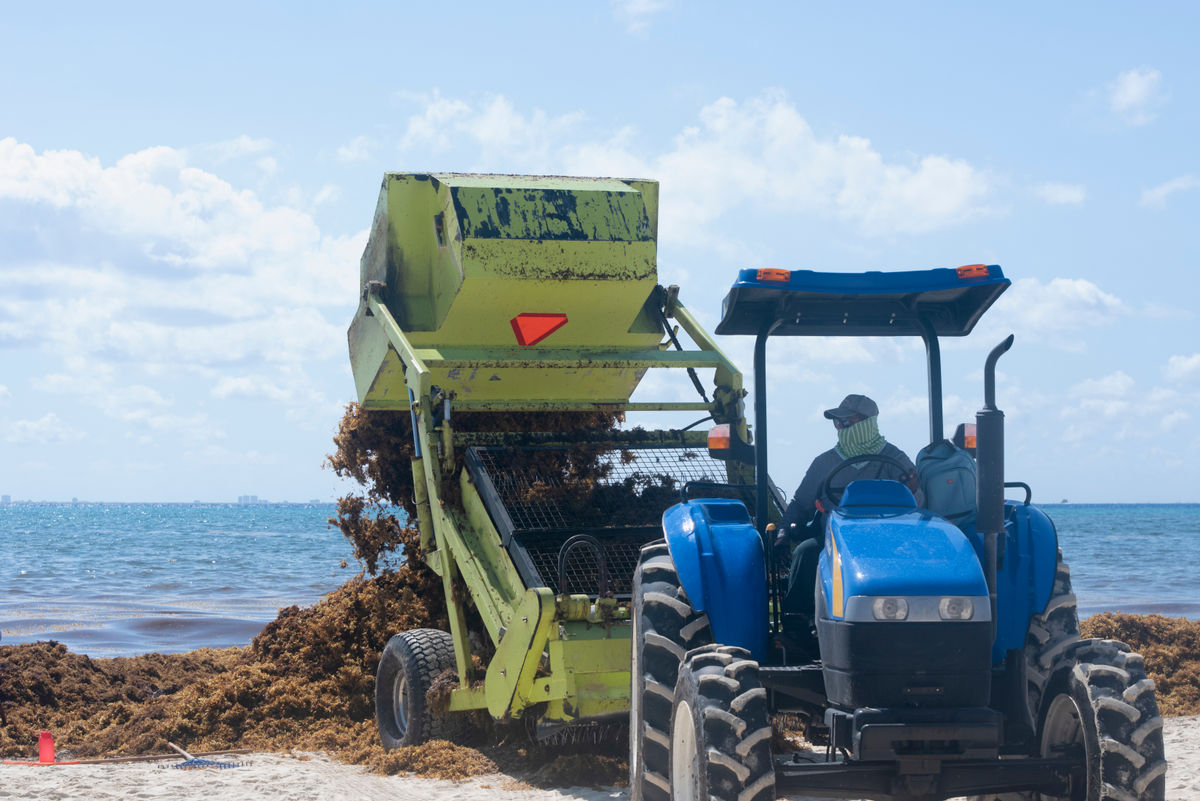East Lothian Council has approved a proposal to convert four decommissioned horse lorries into off-grid holiday accommodations as part of a new glamping development at Redshill Farm, near Gifford.
The project, submitted by James Tait & Son, forms part of a broader farm diversification effort aimed at supporting the long-term sustainability of the farm, which has been under the stewardship of the Tait family since the 1960s.
According to the submitted design and access statement, “The proposal will form part of a farm diversification project to aid in the longevity of Redshill Farm.”
The site, situated at the foot of the Lammermuir Hills with views of the Firth of Forth, is primarily arable, producing malting barley for whisky production, with some pastureland used for sheep grazing.
The Tait family has long been involved in agricultural operations and, more recently, in hospitality.
In addition to farming, Ian Tait and his son Grant operate an agricultural contracting business, while Sue Tait, Grant’s wife, has established a lavender business on the farm, according to a report by the East Lothian Courier.
The family also previously ran a holiday rental known as “The Old Farmhouse,” giving them experience in the accommodation sector.
Plans for the repurposed vehicles include the installation of basic amenities such as beds, cooking areas, and bathrooms.
Described as “perfectly suited for visitors looking to enjoy the natural beauty and peacefulness of the area,” the glamping site is expected to appeal to tourists seeking rural experiences.
From a business perspective, the initiative reflects a growing trend in farm-based diversification, offering a potential model for other landowners facing economic pressures.
The statement notes, “The installation of four glamping units will create an additional income which can be integrated back into the farm business.”
The Tait family also intends to collaborate with local businesses to enhance guest experiences and encourage economic circulation within the community.
“The applicant intends to build relationships with local businesses in the area to offer their goods and services to guests,” the application states.
It adds that guests will be provided with local recommendations and promoted services within each unit to encourage longer stays and deeper engagement with the region.
The project aligns with the increasing demand for rural accommodation and reflects an opportunity for outdoor hospitality operators to explore unconventional assets, such as retired vehicles, for unique and eco-conscious lodging solutions.
For business owners in the glamping and RV sector, this case underscores the value of leveraging local heritage and multi-use landscapes to enhance guest appeal and economic resilience.
.png)
.png) 1 day ago
1
1 day ago
1








 English (US) ·
English (US) ·  Spanish (ES) ·
Spanish (ES) ·